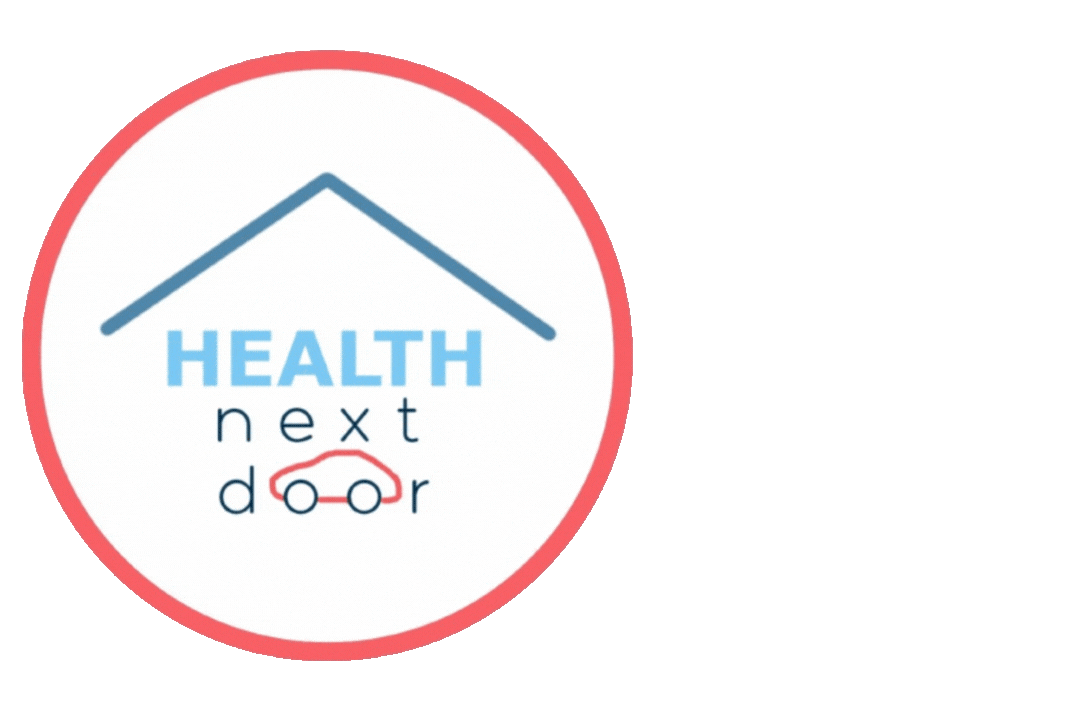Empowering Lives: Ehlers-Danlos Syndrome and the Benefits of Home-Based Physiotherapy

Introduction:
Living with Ehlers-Danlos Syndrome (EDS) presents unique challenges. This rare genetic disorder affects the body's connective tissue, leading to joint hypermobility, skin fragility, and a range of other symptoms. However, amidst these challenges, there are avenues for empowerment and improved quality of life. One such avenue is home-based physiotherapy. In this blog, we'll delve into the difficulties of Ehlers-Danlos Syndrome and explore how home-based physiotherapy can significantly benefit individuals managing this condition.
Understanding Ehlers-Danlos Syndrome:
Ehlers-Danlos Syndrome encompasses a group of inherited disorders that affect the body's connective tissues — primarily the skin, joints, and blood vessel walls. The characteristic of EDS is joint hypermobility, where joints can move beyond the normal range of motion, leading to instability, pain, and dislocations. Other symptoms may include skin that bruises easily, chronic pain, gastrointestinal issues, and cardiovascular complications. EDS can profoundly impact daily life, making even simple tasks challenging.
Challenges of Traditional Physiotherapy:
Traditional physiotherapy often involves clinic-based sessions, where individuals attend appointments at a healthcare facility. While these sessions can be beneficial, they may not always be practical or accessible for individuals with EDS. Transportation issues, financial constraints, and the physical difficulty of travelling can pose significant barriers to consistent attendance. Moreover, the generalised approach of clinic-based therapy may not always address the specific needs and limitations of those with EDS.
The Benefits of Home-Based Physiotherapy:
Home-based physiotherapy offers a personalized and flexible approach to rehabilitation, making it particularly suitable for individuals with Ehlers-Danlos Syndrome. Here are some of the key benefits:
Personalized Care: Home-based physiotherapy allows for individualized treatment plans tailored to the unique needs and abilities of the patient. Therapists can assess the home environment and make recommendations to optimize safety and accessibility.
Convenience and Accessibility: By bringing therapy directly to the home, individuals with EDS can avoid the challenges associated with travelling to a clinic. This promotes greater adherence to treatment plans and ensures consistent engagement with rehabilitation exercises.
Gradual Progression: Home-based physiotherapy allows for a gradual progression of exercises in a familiar environment. This can help prevent injury and overexertion, which are particularly concerning for individuals with EDS due to joint instability and tissue fragility.
Empowerment and Independence: Engaging in physiotherapy at home empowers individuals with EDS to take an active role in their own care. Learning exercises and techniques that can be incorporated into daily life promotes a sense of independence and self-management.
Conclusion:
Living with Ehlers-Danlos Syndrome (EDS) is undoubtedly challenging, but there's hope and empowerment in the form of home-based physiotherapy. This personalized approach to rehabilitation is especially beneficial for individuals managing EDS, providing tailored care in the comfort of their own homes.
Traditional clinic-based physiotherapy often falls short for those with EDS due to various barriers, including transportation issues and a lack of personalized care. In contrast, home-based physiotherapy offers a holistic solution, addressing not only physical rehabilitation but also lifestyle modifications and pain management strategies.
By partnering with Health Next Door, individuals with EDS can access specialized home-based physiotherapy services that prioritize their unique needs. Through innovative approaches and dedicated support, Health Next Door empowers individuals to take control of their health and improve their quality of life.
To book an appointment with Health Next Door, please click here.


-2.png?width=50&height=50&name=a43a24%20(1)-2.png)